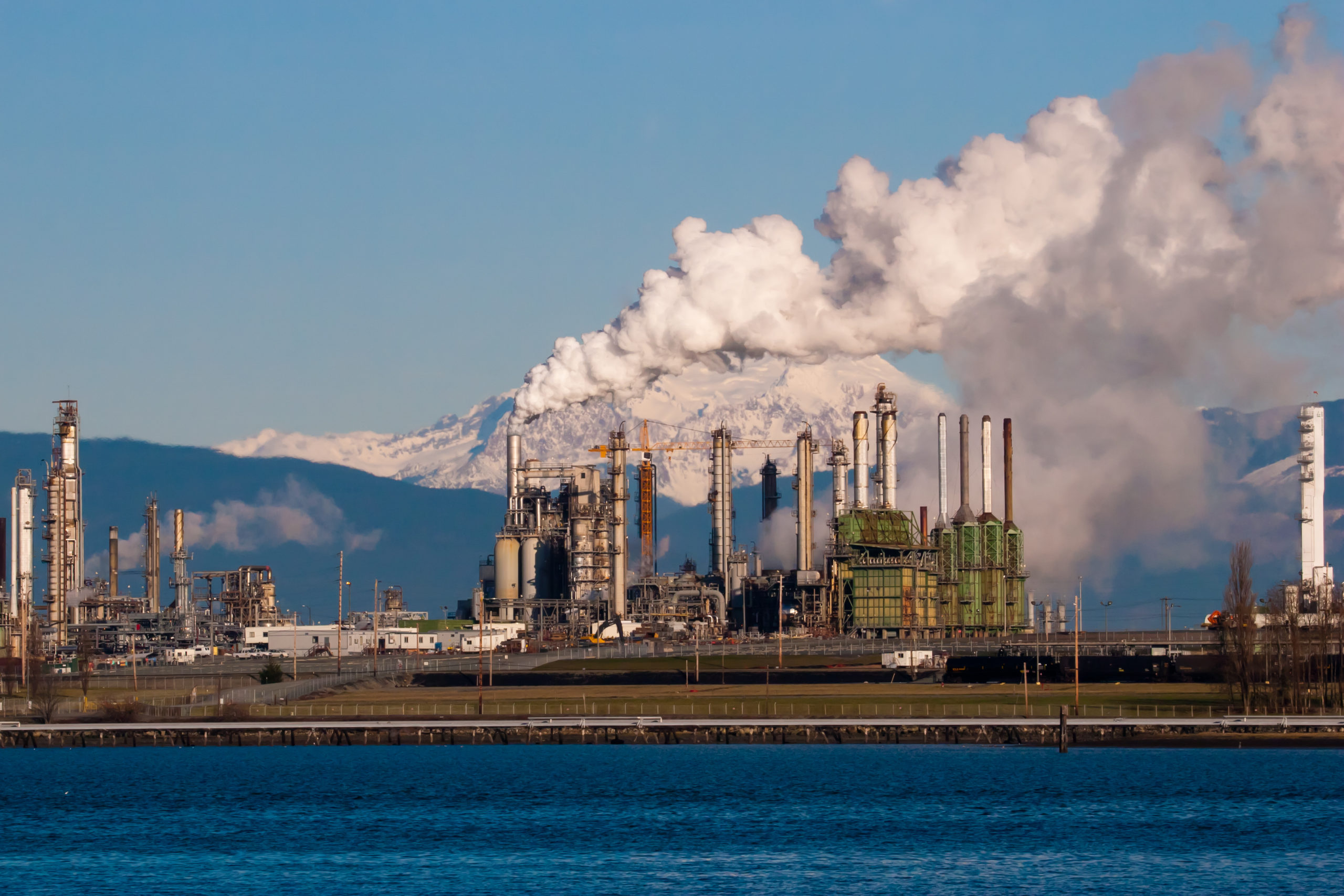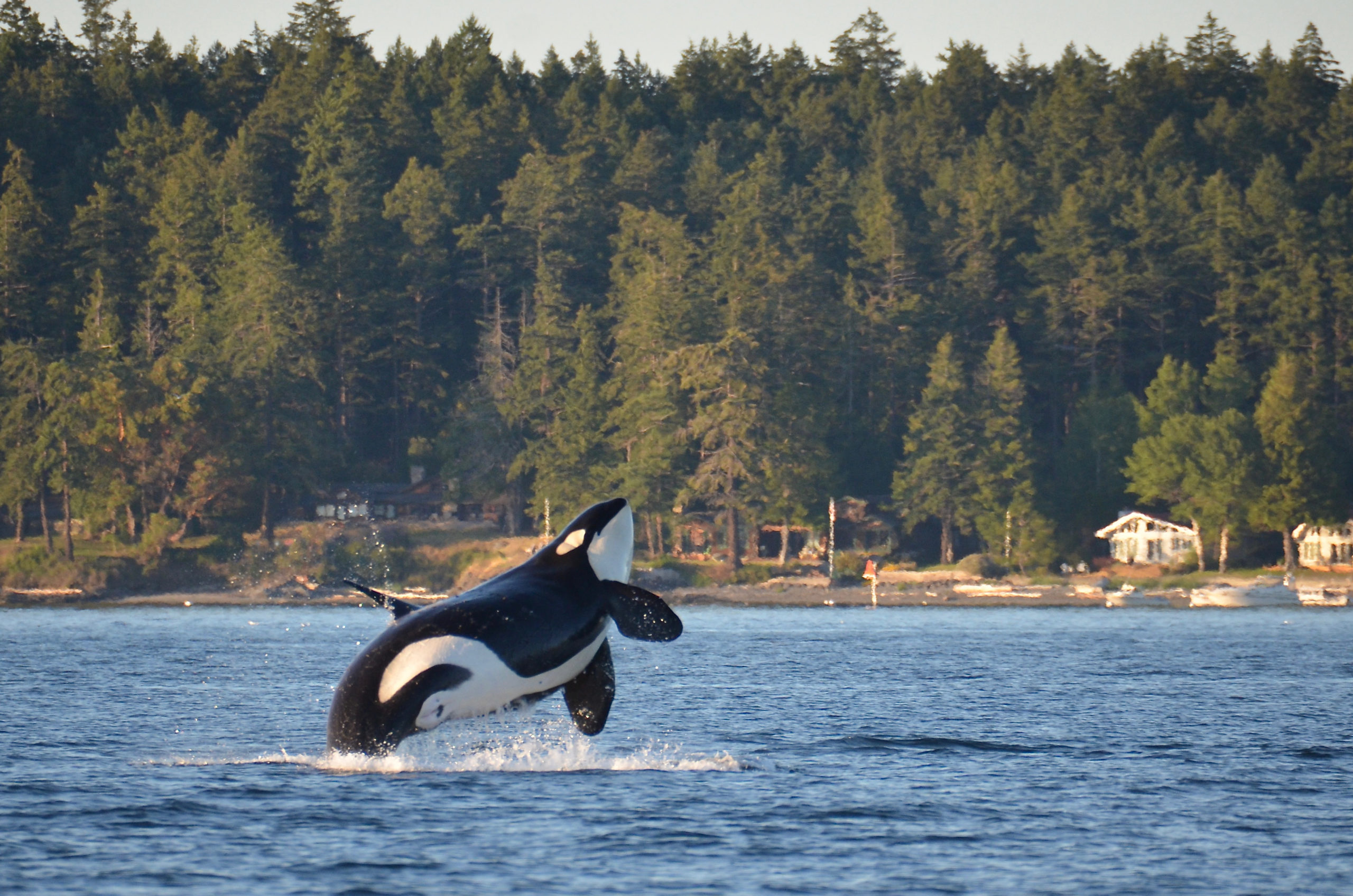Puget Soundkeeper Sends Big Plastics Packing
By: Chris Wilke

By Alyssa Barton, Policy Manager, Puget Soundkeeper, and Chris Wilke, Global Advocacy Manager, Waterkeeper Alliance
The Anacortes Oil Refinery sits at the edge of the majestic San Juan Islands, in Washington State along the southern end of the Inside Passage to southeast Alaska. The San Juans are a magnet for international tourism and a critical habitat for salmon and endangered Orcas.

From this sensitive location, the refinery’s owners planned to manufacture and ship to China 15,000 barrels per day of mixed xylenes, a toxic petrochemical used in the manufacture of plastics. The proposal would have resulted in a climate impact equivalent to adding 75,000 vehicles to the road.
“Despite the risks to climate and the environment, many oil companies, rather than turning off their taps, are retooling and transitioning to producing plastics.” – Puget Soundkeeper
Puget Soundkeeper and its allies opposed the retooling, based on obvious risks to climate, communities, and endangered Orcas. On December 31, 2019, the partners, represented by Crag Law Center, closed out the year with a major win for clean water, when the company withdrew its proposal and settled the permit appeal.
Still, many communities like Anacortes are seeing a spike in proposals to build petrochemical facilities. Although demand for gasoline and other fossil fuels is projected to decline over the next decade, the petrochemical sector expects to grow, and sees plastics as an expanding market. Despite the risks to climate and the environment, many oil companies, rather than turning off their taps, are retooling and transitioning their product portfolios.
Soundkeeper is also working to address the plastic marine-debris problem directly, by monitoring and cleaning up waterways, performing microplastics sampling and analysis, and working to ban single-use plastic bags and certain polystyrene foam food-packaging products. Soundkeeper educates the public about the relationship between dirty fuels and plastics, showing how plastics pollute waterways throughout the manufacturing process by producing toxic emissions, causing climate impacts, and choking our rivers, lakes, and oceans with “forever waste.” The xylenes proposal is a reminder that we can stop pollution best when we remain vigilant and nimbly respond to the threats of this evolving industry.